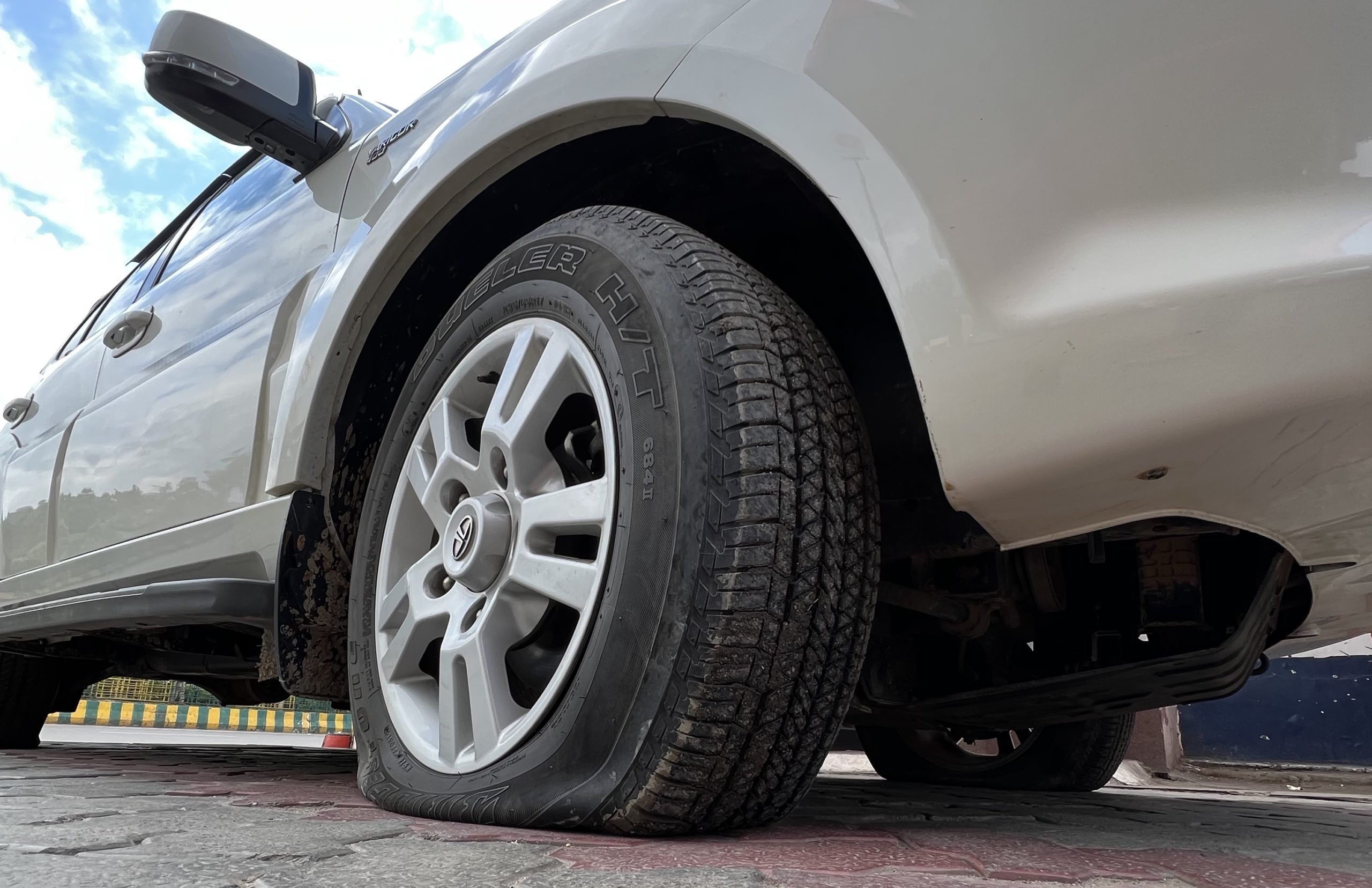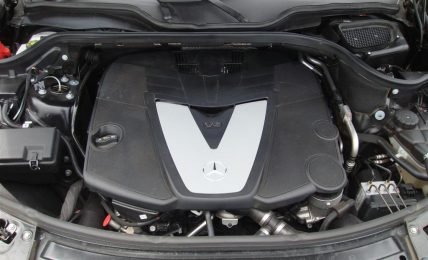
What are the pros and cons of filling nitrogen in tyres? Lets find out
Filling nitrogen in tyres has become a popular trend in recent years, specially since high speed expressways are on the rise. Nitrogen is an inert gas that does not react with other substances, making it an ideal choice for tyre inflation. However, there are both pros and cons associated with filling nitrogen in tyres. We explore the advantages and disadvantages of using nitrogen to inflate your tyres.
Pros:
- Better tyre pressure retention:
One of the significant advantages of filling nitrogen in tyres is that it has better pressure retention properties compared to regular air. Nitrogen molecules are larger than oxygen molecules, so they escape through the tyre walls more slowly, which means that the tyre pressure remains stable for a more extended period. As a result, you will not have to check your tyre pressure as frequently and your tyres will last longer. - Improved fuel efficiency:
Properly inflated tyres can improve your car’s fuel efficiency. Nitrogen-filled tyres maintain their pressure better than those filled with regular air, which means that your car’s engine will not have to work as hard to keep your vehicle moving. This results in improved mileage, which can help you save money in the long run. - Increased safety:
Nitrogen-filled tyres can enhance safety on the road. Proper tyre pressure is essential for safe driving and nitrogen-filled tyres can help maintain the correct pressure. It minimises the risk of tyre burst. Additionally, since nitrogen does not react with other substances, it reduces the risk of corrosion on the wheels and other parts of the tyre.
Cons:
- Cost:
One of the primary disadvantages of filling nitrogen in tyres is the cost. Nitrogen is a premium gas and can be expensive to fill compared to regular air. While some dealerships and tyre shops offer free nitrogen fills, others may charge an additional fee. Moreover, nitrogen can only be filled at specific locations, which may not be as easily accessible as regular air filling stations. - Limited availability:
As mentioned earlier, nitrogen can only be filled at specific locations, making it less accessible than regular air. This can be an issue if you are traveling in an area where nitrogen filling stations are not available. - Limited benefits:
While nitrogen-filled tyres offer several advantages, the benefits may be limited. In most cases, regular air fills are sufficient to maintain proper tyre pressure and ensure safe driving. While nitrogen can enhance tyre performance, the differences may not be noticeable in everyday driving situations.




